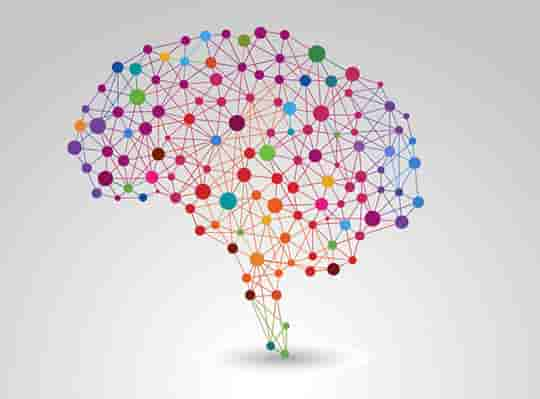Canola oil, known as rapeseed oil in the UK, was linked to poor learning, weight gain and possibly Alzheimer’s.
Canola oil — a widely used vegetable oil — has been linked to memory problems and possibly Alzheimer’s disease by research.
One of the most widely consumed oils in the world, relatively little is known about canola oil’s effect on health.
The study, though, from Temple University in the US, showed canola oil was linked to poor learning and weight gain in a mouse model.
The findings are in contrast to extra virgin olive oil which studies find is beneficial for brain health.
Professor Domenico Praticò, Director of the Lewis Katz School of Medicine at Temple University, said:
“Canola oil is appealing because it is less expensive than other vegetable oils, and it is advertised as being healthy.
Very few studies, however, have examined that claim, especially in terms of the brain.”
Canola oil and Alzheimer’s
The study compared mice on a normal diet with those given a human-equivalent dose of two teaspoons a day.
After 12 months the mice fed canola oil weighed more and had memory problems.
Their brain tissue also revealed lower levels of amyloid beta 1-40.
Dr. Praticò explained that low levels of this protein are bad for the brain:
“Amyloid beta 1-40 neutralizes the actions of amyloid 1-42, which means that a decrease in 1-40, like the one observed in our study, leaves 1-42 unchecked.
In our model, this change in ratio resulted in considerable neuronal damage, decreased neural contacts, and memory impairment.”
Dr. Praticò continued:
“Even though canola oil is a vegetable oil, we need to be careful before we say that it is healthy.
Based on the evidence from this study, canola oil should not be thought of as being equivalent to oils with proven health benefits.”
Previous similar studies have shown that olive oil is beneficial for brain health.
Dr. Praticò is hoping to test the effects of canola oil on other neurodegenerative diseases:
“We also want to know whether the negative effects of canola oil are specific for Alzheimer’s disease.
There is a chance that the consumption of canola oil could also affect the onset and course of other neurodegenerative diseases or other forms of dementia.”
The study was published in the journal Scientific Reports (Lauretti et al., 2017).









